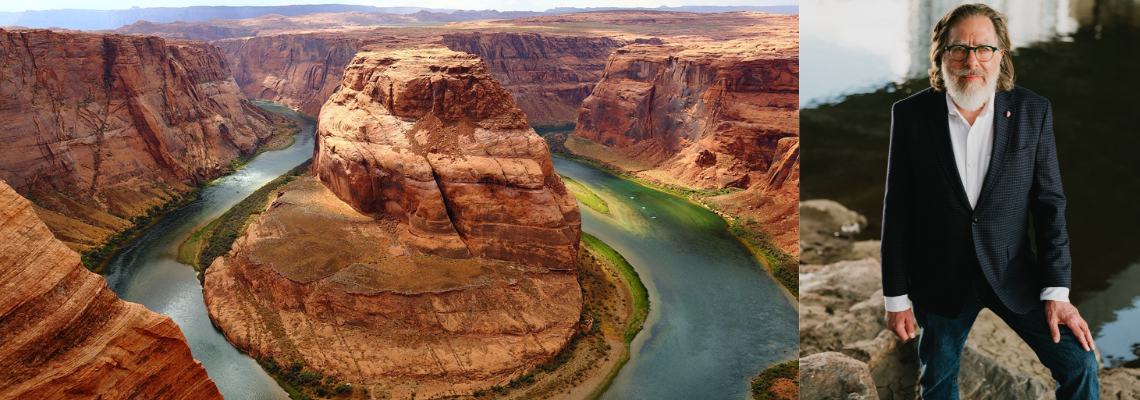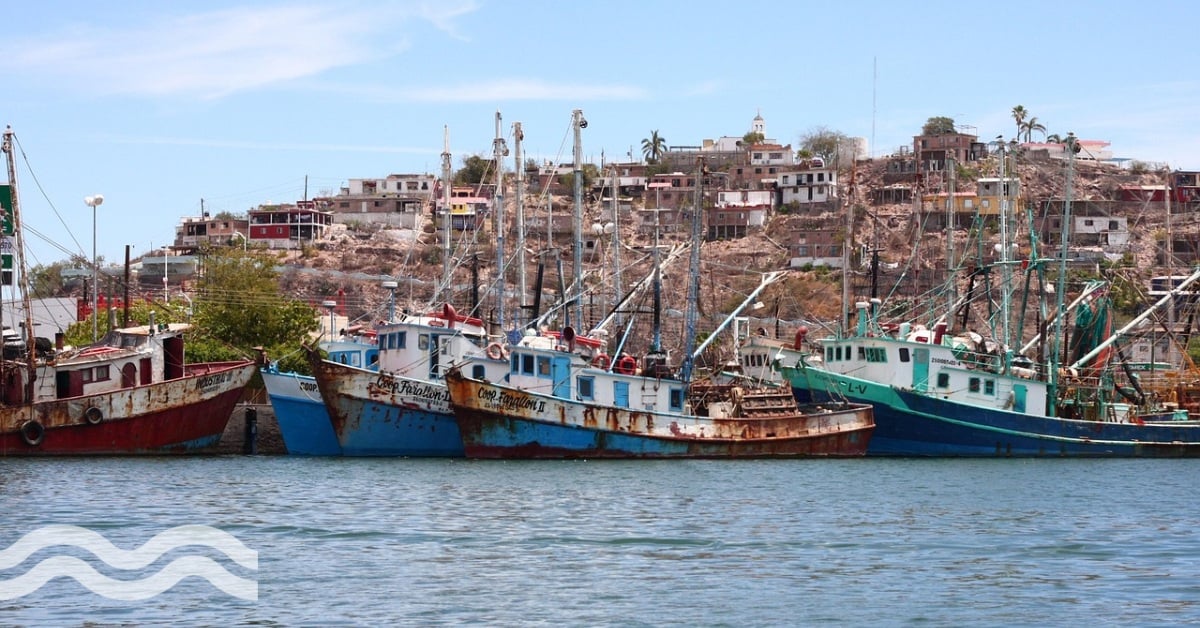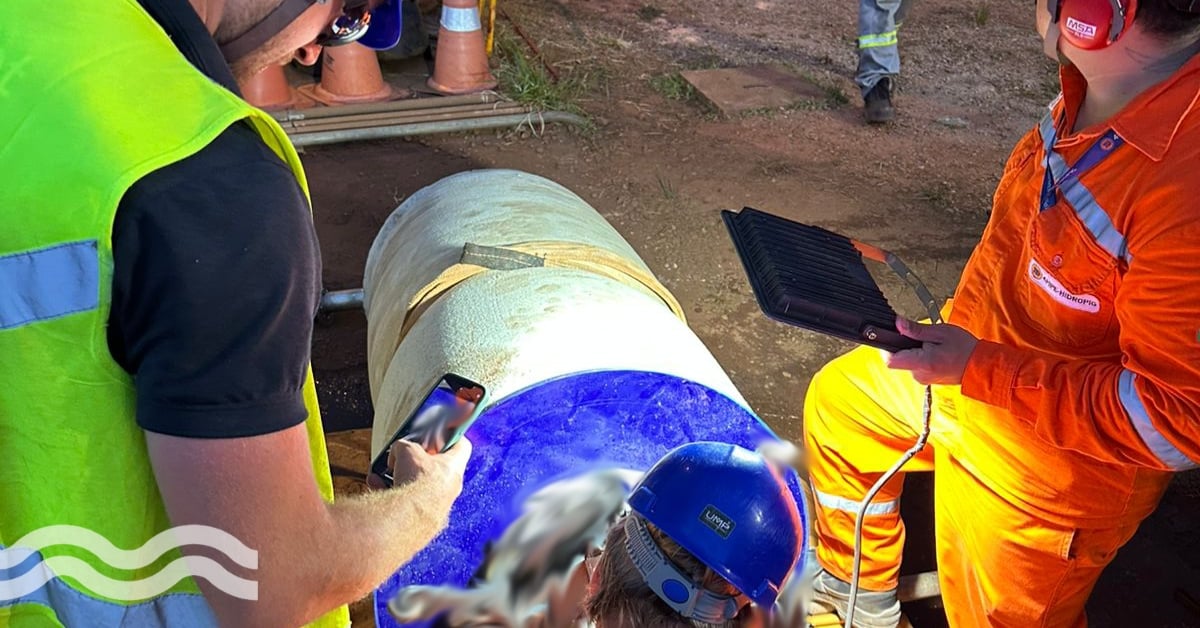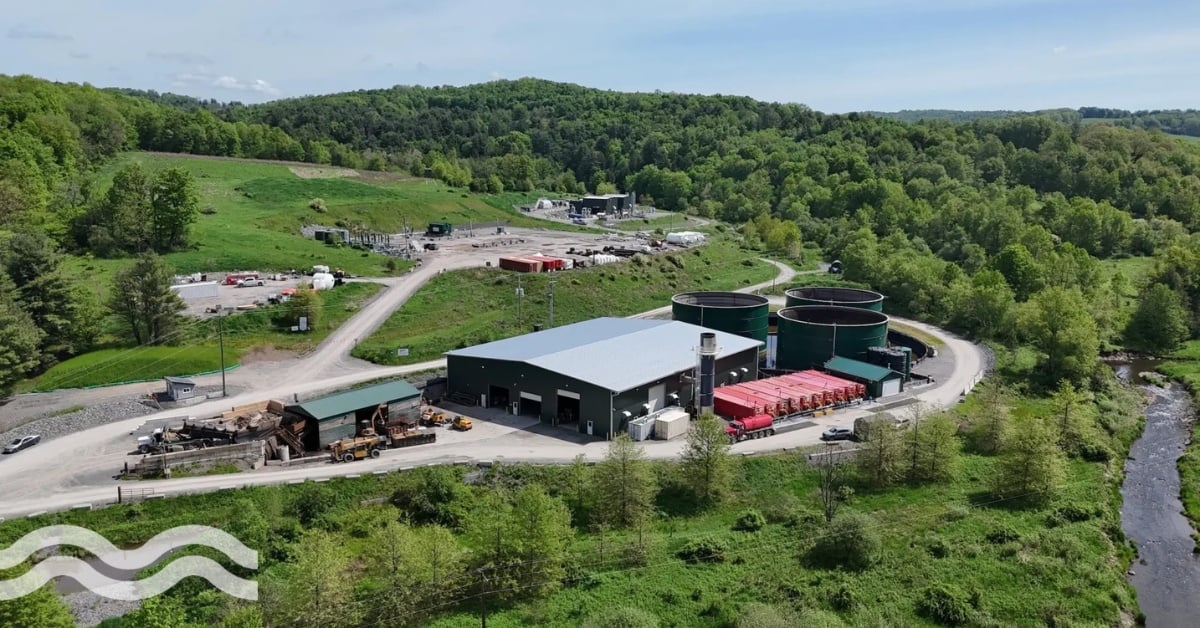Viewpoint: Giving water bodies personhood status
 Will Sarni
Will Sarni
The idea of granting legal personhood to a natural resource or ecosystem, such as a river, means that it is recognized as having legal rights and interests, similar to those of a human being. Will Sarni looks at whether this could work for the water-stressed and overallocated Colorado River.
Aridification of the American West
Is it time to grant the Colorado River Basin personhood status? I believe so, and here’s why.
Despite the news that the seven states depend on the Colorado for economic survival reached an initial agreement on water conservation, the reality is that the aridification of the American West is here to stay. The long-term shift in climate means that the amount of surface water available to go around will be less.
A long-term change in public policy and governance is required. As a result, the “law of the river” needs to adjust and the time is right to revisit personhood for the Colorado River Basin.
“Clearly, we are not valuing water as a critical resource.”
The Colorado River is not alone in being poorly governed and witnessing the impacts of over-allocation and climate change. Water levels are declining in more than half of the world’s largest lakes, based upon an analysis of nearly three decades of satellite data (Cosmos Magazine).
According to the article: “Climate change and unsustainable human consumption are to blame, say climate researchers from the universities of Virginia and Colorado Boulder in the US. The assessment published in Science is the first comprehensive review of global trends and drivers of lake water storage.
“We have pretty good information on iconic lakes like [the] Caspian Sea, Aral Sea, and Salton Sea, but if you want to say something on a global scale, you need reliable estimates of lake levels and volume,” said co-author Balaji Rajagopalan, professor of engineering at Colorado Boulder.
Valuing water as a critical resource
The analysis is based on satellite data for 1,972 of the world’s largest lakes between 1992 and 2020, available data on long-term water levels, as well as water use and climate modeling. The lakes in the study represent 95 percent of total lake water storage on Earth and the authors estimate around two billion people live in areas affected by drying lakes.
“Granting personhood to a river means it is recognized as having legal rights, similar to a human being.”
The bottom line is that “53 percent of lakes globally experienced a decline in water storage, and that lakes located in both wet and dry areas of the world are losing volume”.
Clearly “we” are not valuing water as a critical natural resource. It is time to give rivers and lakes a legal voice.
The idea of granting legal personhood to a natural resource or ecosystem, such as a river, means that it is recognized as having legal rights and interests, similar to those of a human being.
This concept has gained increasing attention in recent years as a means of protecting and conserving natural resources, particularly in the face of environmental degradation and climate change.
Granting rivers personhood status
Currently, there are several countries where rivers have been granted legal personhood. In 2017, the Whanganui River in New Zealand was granted legal personhood, making it the first river in the world to receive this status.
Since then, several other rivers have also been granted legal personhood in different parts of the world. For example, the Ganga and Yamuna Rivers in India were granted legal personhood in 2017, and the Atrato River in Colombia was granted the same status in 2019.
“While previous attempts have not been successful, I believe there is value in reviving the initiative.”
There have been some efforts to secure personhood for the Colorado River but to date, there had not been any successful legal recognition of personhood for the river. However, there have been attempts.
In 2017, the Ho-Chunk Nation of Wisconsin passed a tribal resolution recognizing the Colorado River as a legal person with its own inherent rights and interests. This was a symbolic gesture but it raised awareness about the issue and sparked further discussion.
Furthermore, in 2019 a group called Deep Green Resistance filed a lawsuit in federal court seeking to establish personhood for the Colorado River and its ecosystem. The case was dismissed in March 2021, but the group plans to appeal the decision.
Raising awareness on watershed conservation
There are also ongoing efforts by various organizations and activists to push for greater protections for the Colorado River and its watershed, including efforts to reduce water consumption and improve conservation practices.
While previous attempts have not been successful, I believe there is value in reviving the initiative. As the states in the Colorado River Basin continue to debate the details of water reductions, it is time to raise awareness about the importance of environmental protection and conservation within the watershed.


